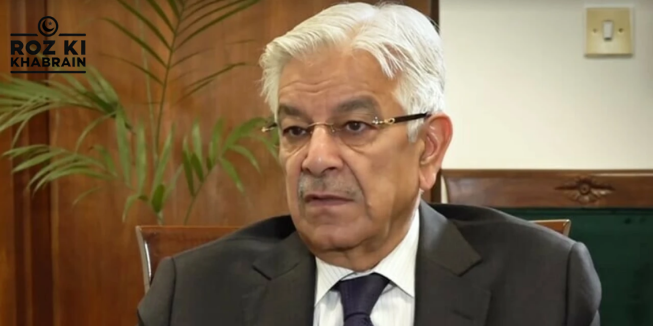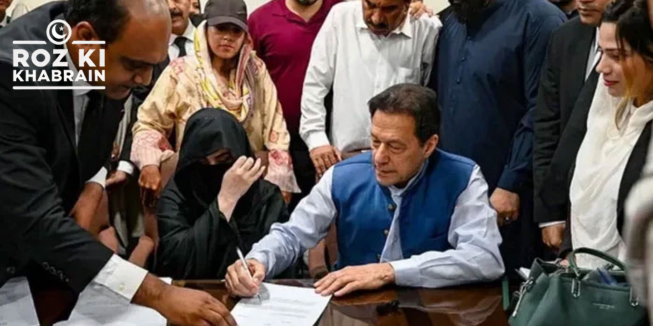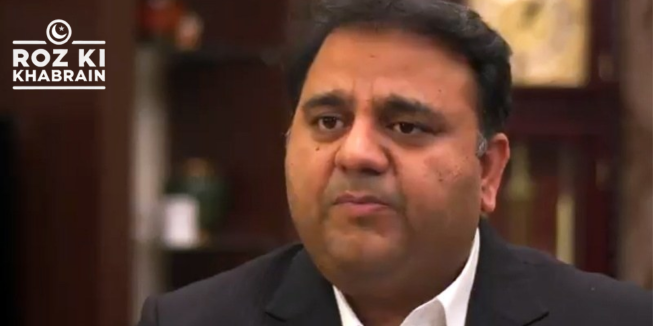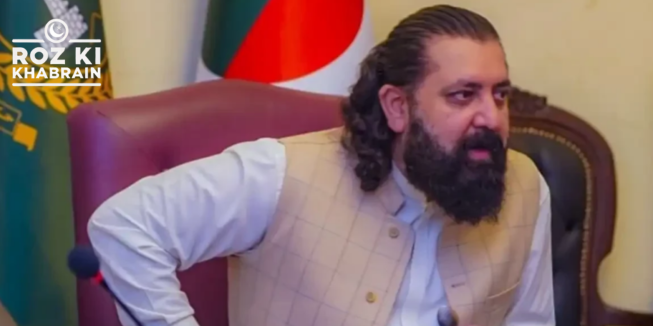Federal Defence Minister Khawaja Asif has alleged that Imran Khan, the founding chairman of Pakistan Tehreek-e-Insaf (PTI), initially agreed to a proposal to change the protest venue, but his wife, Bushra Bibi, opposed the idea.
Speaking to the media in Sialkot, Asif recounted the events of November 24, when PTI announced a sit-in protest. Party workers reportedly breached barricades and advanced toward Islamabad, resulting in clashes where several Rangers and police personnel were martyred, and hundreds were injured.
Asif commended the security forces for thwarting what he described as the third assault on the federal government. He criticized PTI’s leadership, accusing them of retreating when faced with real resistance. He likened their behavior to a lack of determination, unprecedented in any political or military movement.
According to Asif, the government had suggested several alternative venues for the protest, and while Imran Khan had agreed to these options, Bushra Bibi insisted on continuing to D-Chowk. Her decision, Asif claimed, escalated the situation into chaos. He added that Bushra Bibi, unfamiliar with such large gatherings, reportedly expressed concern over the crowd size and ultimately fled the scene alongside PTI leader Ali Amin Gandapur.
Asif also mentioned that Gandapur’s vehicle was struck by bricks as they escaped, eventually resurfacing in Mansehra after a difficult retreat.
Addressing reports of fatalities during the protests, Asif highlighted inconsistencies in PTI’s claims. He said that while some leaders, such as Sardar Latif Khosa, had reported 278 deaths, the actual number was revised to single digits. He pointed out the lack of evidence for mass casualties, noting that no videos of funerals or family statements had surfaced. While injuries were documented, he argued there was no verification of widespread bloodshed.
Separately, Asif welcomed the resumption of PIA’s European flights, calling it a positive development for the national carrier. He emphasized that reopening European routes would strengthen PIA’s market presence and support its privatization efforts.




